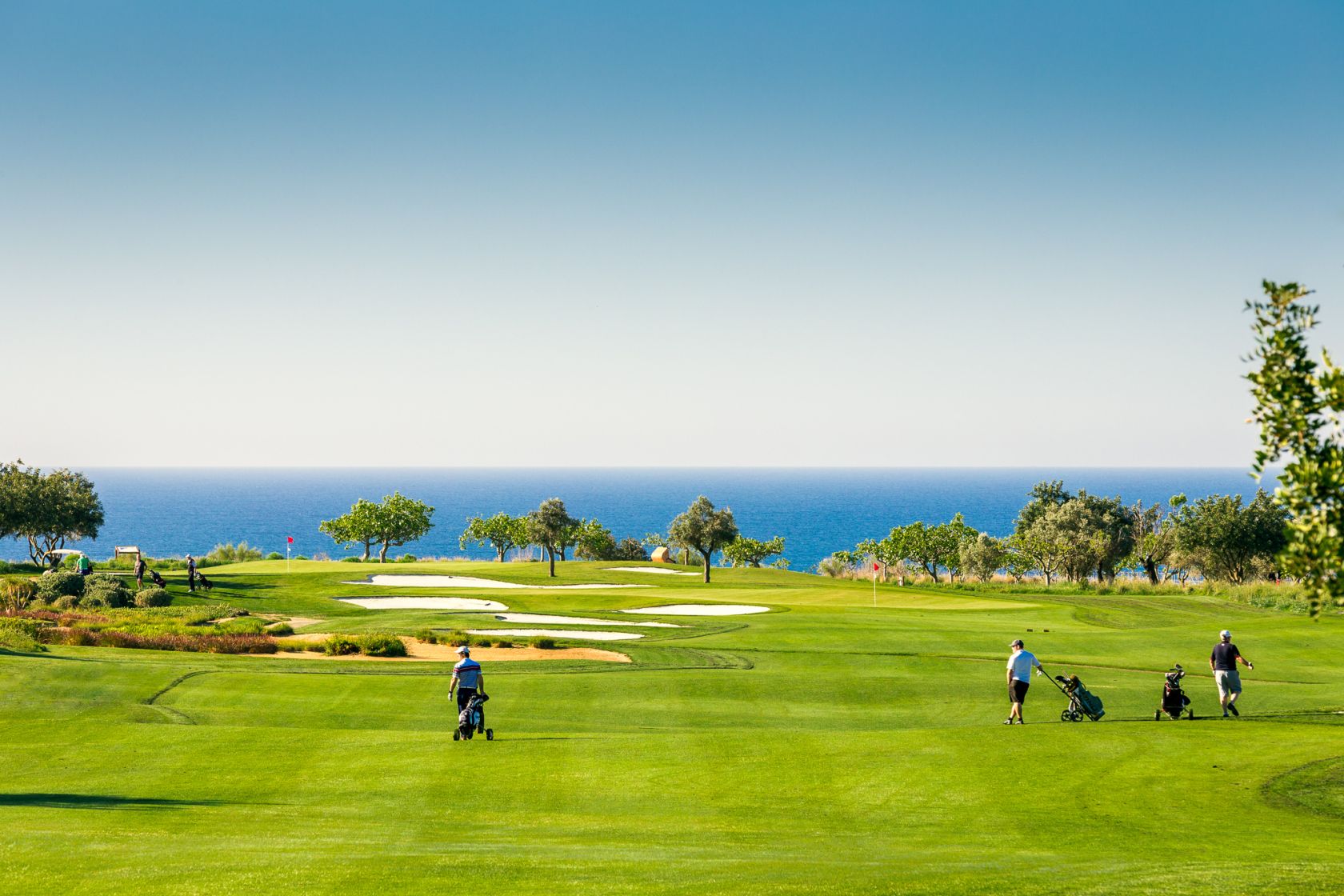The analysis, coordinated by economists João B. Duarte and Pedro Brinca, reveals that this sport “constitutes an engine of economic and territorial development”, with “significant impacts on employment, tax collection and the appreciation of tourist real estate”.
In Portugal, the sector “goes far beyond the sport itself, encompassing a broad value chain that includes the construction, real estate and real estate services sectors, tourism development and residential tourism,” says the National Golf Industry Council (CNIG) in a statement regarding the study, and reported by Eco.
In numbers, over the last decade, the impact of the golf industry has translated into, in addition to a total production of €760.5 million, a Gross Value Added (GVA) of €407.9 million, tax revenue (VAT and IRS) of €70.2 million, and remuneration of €143.5 million.
The study, entitled “Assessment of the Impact of the Golf Industry in Portugal through Residential Tourism and the Real Estate Market,” details that the construction component represents the largest share of the sector’s economic impact, with production valued at €679 million and a GVA of €344 million.
In turn, real estate sales and resale activities associated with golf total €81 million, “reflecting the growing demand for tourist developments with or near golf courses.”
In the job market, this sport is responsible for creating an average of 810 jobs per year, with full-time contracts.
Real estate
Regarding the weight of golf in residential tourism and the real estate sector, this industry represents 12% of the total construction of tourist accommodations and resorts, 12% of sales brokerage, and 24% of resale brokerage. In total, 9,266 golf course accommodation units were counted in Portugal in 2024, of which 2,595 were licensed in the last ten years, according to the National Register of Tourist Enterprises (RNET).
During the decade under analysis, investment (net of imports) in newly licensed units reached €270.29 million, while real estate brokerage in the sale and resale of units is estimated at €58.76 million.
“Additionally, properties located within or around golf courses appreciate by 20%,” the study notes, highlighting that these figures “demonstrate the central role” of this sport in positioning the country as a high-quality tourist and residential investment destination.
The highest premiums, according to the document, are concentrated in properties adjacent to or with direct views of the courses, while the linear distance effect tends to dissipate. According to data from European Tour Destinations, the “real estate premium” associated with proximity to golf courses is, on average, 19% higher compared to properties outside these developments.
Strategic sector
The results of this study “confirm that golf is a strategic sector for the country, with structural effects that go beyond tourism and extend to construction and residential investment. It is an economic asset with a strong capacity for value creation and job creation,” says João B. Duarte, one of the study’s coordinators, quoted in the CNIG press release.
Nuno Sepúlveda, president of the association representing the sector in the country, emphasizes that “these data confirm, based on scientific evidence, the economic and social relevance of the golf industry in Portugal.”
“The sector is today a pillar of quality tourism and a factor in the country’s international competitiveness, which should be valued”.







